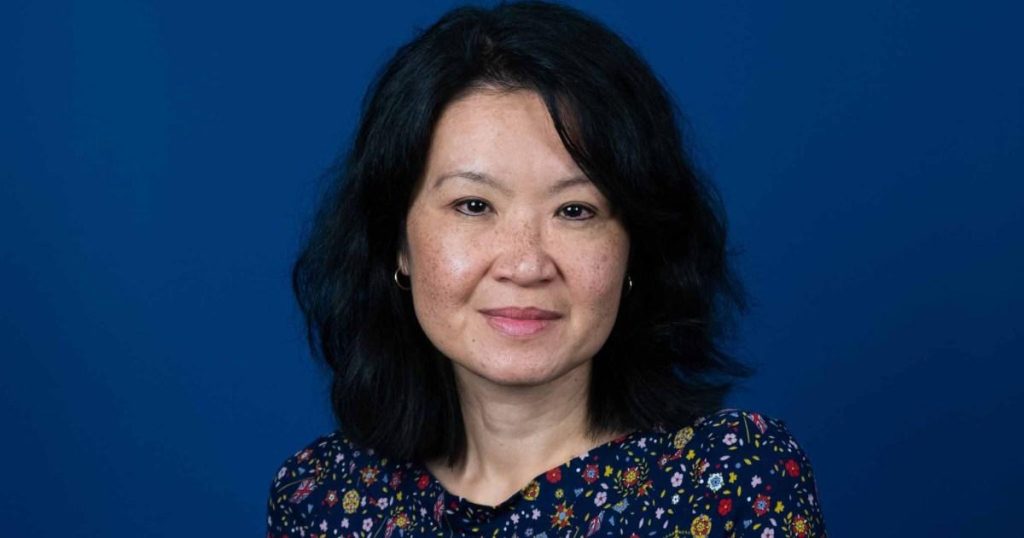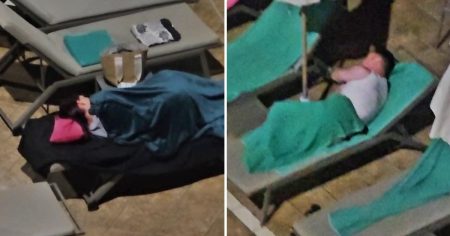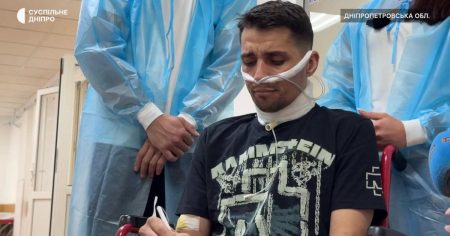Paragraph 1: From Hanoi to Hong Kong: A Journey of Fear and Uncertainty
Trinh Tu’s early childhood in Hanoi was a time of innocent joy, spent playing with cousins in a bustling Chinese neighborhood. However, escalating tensions between China and Vietnam cast a shadow over this carefree existence. The Sino-Vietnamese War, though officially beginning in 1979, had its roots in the escalating tensions of 1978. These tensions created an atmosphere of fear and secrecy. The first tangible sign of trouble for Tu’s family came when her uncle was taken away by authorities, his release contingent on the family’s departure from Vietnam. This forced exodus began under the cover of darkness, a harrowing journey etched in Tu’s memory. The crowded coach, the sobs of families being torn apart, and her mother’s overwhelming grief at leaving her own family behind, all underscored the profound disruption and loss they were experiencing. Their destination was Hong Kong, a temporary haven on a longer, uncertain path.
Paragraph 2: Peril at Sea and Refuge in Hong Kong
The journey to Hong Kong was fraught with peril. Cramped onto a small, overcrowded boat, the refugees faced challenging conditions. Tu’s baby brother fell ill, his survival uncertain. A sudden storm in the dead of night compounded their woes, smashing the boat against rocks. Amidst the chaos and terror, miraculously, everyone survived the wreck. Forced to seek refuge in caves for the night, they were aided by islanders the next morning who provided shelter and helped them rebuild their vessel. A month-long stay on the island followed before they finally continued their journey to Hong Kong on a smaller boat. However, reaching Hong Kong offered little respite. Confined to a closed refugee camp, the family felt unwelcome and powerless, each family allocated a mere space on the floor. The hope of resettlement remained their only solace.
Paragraph 3: A New Beginning in England: Kindness and Culture Shock
Months later, the family was offered asylum in the UK. Arriving in England in October 1979, nine-year-old Tu was initially placed in a reception center in Kent. The kindness of the staff and the camaraderie with other Vietnamese children provided a sense of normalcy after their ordeal. Tu began learning English, a testament to the dedication of her teacher, Mrs. Jones. She experienced her first Christmas, receiving a Basil Brush toy, a symbol of the newfound security and joy she was experiencing. However, this respite was short-lived. After three months, families were separated and dispersed across the country to facilitate integration. Tu’s family moved to Faversham, where they received support from a local British family. However, the lack of a nearby Vietnamese community led to a sense of isolation.
Paragraph 4: Challenges of Integration and Finding Community
Tu faced the challenges of integrating into a new society, compounded by language barriers and prejudice. As the only child of her ethnicity in school, she endured racist remarks and struggled to make friends. Despite these difficulties, she formed lasting friendships. Her mother’s illness and hospitalization added further stress to the family, highlighting the vulnerability of refugees in a new environment. The move to London when Tu was 13 proved transformative. Being surrounded by a Vietnamese community provided a sense of belonging and connection to her heritage. London became her true home.
Paragraph 5: A Career Dedicated to Understanding and Advocating for Refugees
Tu’s passion for social research led her to a career at Ipsos, a global research and consulting firm. This work allowed her to delve into societal issues and the experiences of refugees, informing public understanding and policy debates with evidence-based insights. Her personal experience as a refugee, combined with her professional expertise, motivated her to become Vice Chair of Trustees for UK for UNHCR, the UN Refugee Agency’s national charity partner for the UK. Tu is particularly concerned about the dehumanization of refugees in public discourse, a phenomenon she witnessed firsthand with the "boat people" label applied to Vietnamese refugees. She sees a parallel in the current "small boats" rhetoric, which risks further marginalizing and dehumanizing a new generation of displaced people. Through sharing her story and advocating for refugees, Tu aims to foster empathy and challenge negative perceptions.
Paragraph 6: The Power of Kindness, Cultural Exchange, and Shared Stories
Tu emphasizes the importance of kindness, recalling the compassion shown by the islanders who helped rebuild their boat and the family who supported them in Kent. She believes in the power of cultural exchange, recognizing that cultures can coexist and enrich one another. This belief is embodied in Es Devlin’s "FACE TO FACE" exhibition, in which Tu participated, sharing her story to highlight the richness that diverse cultures bring to London. Tu’s portrait, created after she shared her life experiences with the artist, became a powerful symbol of her identity and resilience. Her own journey has instilled in her the values of hard work and resilience, which continue to guide her personal and professional life. Tu’s dedication to understanding the experiences of refugees, advocating for their rights, and highlighting the value they bring to society underscores her commitment to building a more inclusive and compassionate world.











